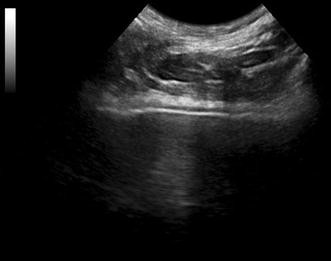A thickened bladder wall often occurs in dogs no matter what age.
What causes thickening of the bladder wall in dogs.
Bladder cancer in dogs usually occurs in the form of canine transitional cell carcinoma tcc.
In fact it is estimated that 14 of dogs will get a bladder infection in their lifetime.
The most common cause of canine thickened bladder wall in dogs of all ages is an infection caused by bacteria.
The most common clinical sign is hematuria or blood in the urine.
Inflammation due to urinary tract infection uti a uti is often the result of bacteria entering the urethra and then the bladder.
Common causes of bladder wall thickening include.
Here are the symptoms causes and conventional treatment of canine bladder cancer.
The actual canine thickened bladder wall cannot be seen by the owner of course so other signs and symptoms must be used to alert owners of a problem.
Description urinary bladder cancer accounts for approximately 2 of all reported malignancies in dogs with more than 60 million dogs in the usa deaths from urinary bladder cancer are increasing rapidly.
Bladder stones are often very rough and cause irritation as they rub against the bladder wall also creating hematuria and dysuria.
The first group of tests performed includes urinalysis urine culture and bladder palpation.
At times canine thickened bladder is referred to as cystitis.
Older dogs are more prone to this condition however.
Some of these factors include polyps fungal infections tumors bacterial infections and bladder or urinary stones.
The most common cause of cystitis in dogs is an infection caused by bacteria.
This type of canine cancer is fairly aggressive and can spread to other parts of the body.
Bacterial infections usually cause hematuria and dysuria straining to urinate.
By definition cystitis means inflammation of the bladder.
This condition is caused by microbes usually bacteria which enter into the bladder of a dog and proliferate.
There are various types of bladder tumors like squamous cell carcinoma arise in the epithelial cells adenocarcinoma arise in the glandular epithelium.
Bladder cancer surgery.

